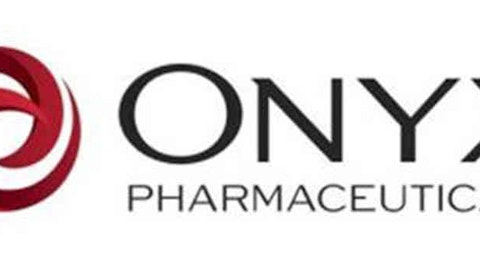Pharma companies have been paying off generic drug makers so that cheap generic drugs do not enter the market. In a settlement case involving AbbVie Inc (NYSE:ABBV), the U.S. Supreme Court dealt a blow to this practice, allowing the FTC to take action against these deals. The judgment is seen as a “significant victory for the consumers and free trade.” However, the market remains relatively unaffected.
The case
The question for the Federal Trade Commission v. Actavis (NYSE:ACT), No.12-416, was about the legality of payments made by Solvay Pharmaceuticals (now owned by AbbVie Inc (NYSE:ABBV)) to Actavis Inc (NYSE:ACT), earlier known as Watson Pharmaceuticals. The FTC contended that this deal was a pay-for-delay payment that unlawfully restricted Actavis Inc (NYSE:ACT) from producing a generic version of AndroGel, a testosterone gel brand owned by Solvay.
While generic drugs cost 15% as much as the original product, they lead to losses of 90% of market share for the brand-name drug maker. During the hearing, the justices noted that while a brand-name maker may lose much more than what a generic maker would make, such payments seem to allow a generic producer to make more money by staying out of the market than by producing the drug.
While the Drug Price Competition and Patent Term Restoration Act of 1984 encourages generic producers to challenge patents of branded drugs, reverse payments, as the pay-for-delay payments are called, result from a loophole in the act.
Fighting for high stakes
The stakes are very high in brand-name drugs. In 2011, sales of pharmaceutical products totaled $320 billion. However, total prescriptions for branded drugs were only 18%, but accounted for 73% of the total amount spent by consumers.
Of particular mention is the case of Enbrel, the rheumatoid drug of Amgen, Inc. (NASDAQ:AMGN). Enbrel is a genetically engineered anti-TNF compound, the same class as AbbVie’s Humira, and contributed $2.7 billion to the company’s revenue in Q4 2012. However, a recent study reported in the New England Journal of Medicine showed that Enbrel was no more effective in treating rheumatoid arthritis than a cocktail of three generic drugs. While Enbrel costs $25,000 a year, the generic alternative costs only $1,000.
Why you shouldn’t need to worry
The Supreme Court decision opened the way for antitrust scrutiny of pay-for-delay agreements. This could mean that brand name companies would now be wary of using reverse payments or any other strategy for delaying generic versions.
In addition, developing nations are also gearing up to challenge patents that do not appear to be genuine or are against their government’s policy of providing cheap medicines to the population. The recent case of Pfizer Inc. (NYSE:PFE) losing a patent lawsuit in India is a classic example. Although the patent revocation was sent back to the patent office for reconsideration, it is a harbinger of tougher times in coming days.



